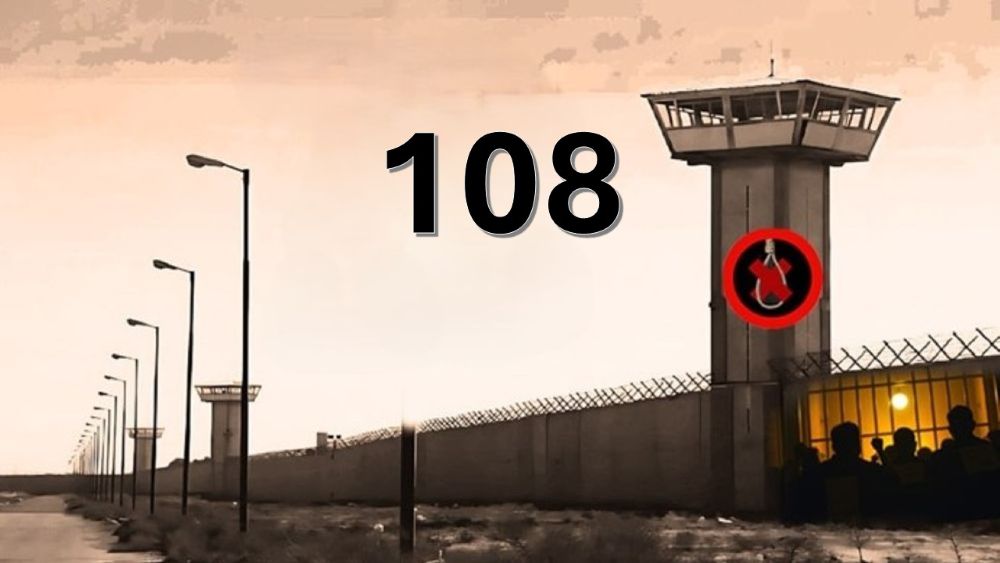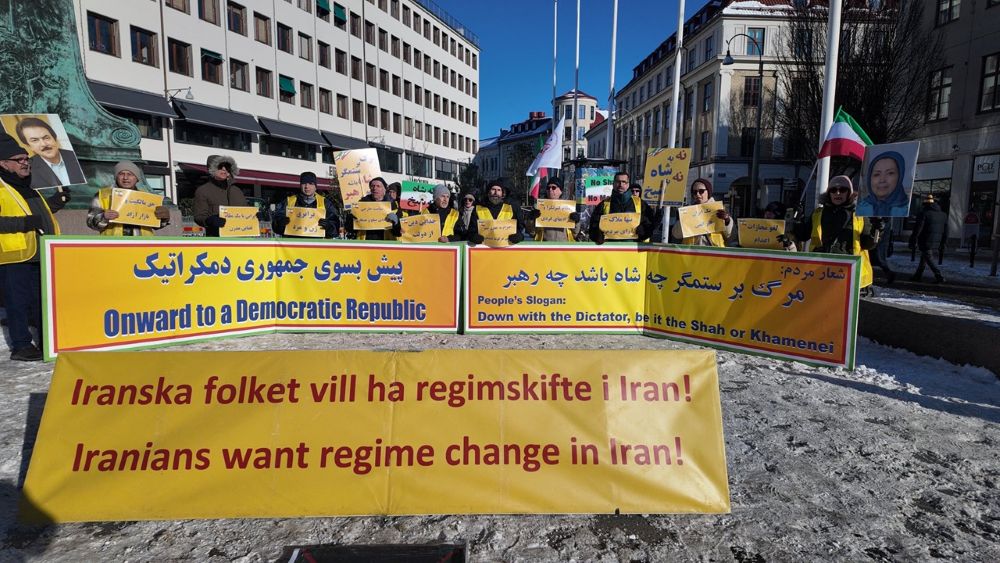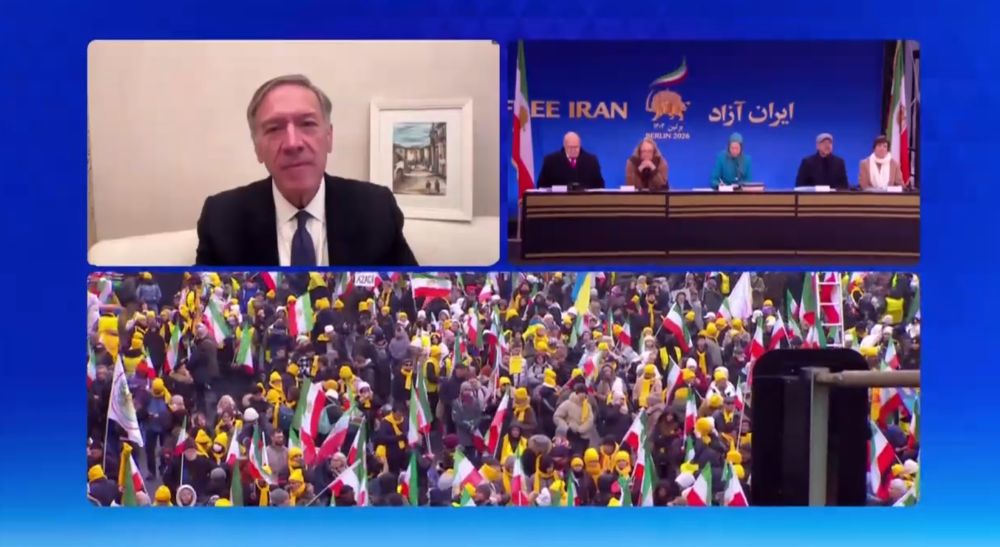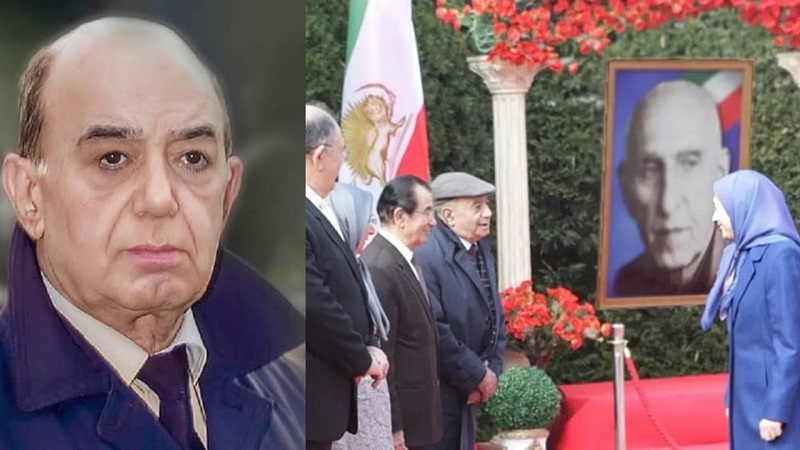
The website of the National Council of Resistance of Iran (NCRI) has published an article about the passing of Dr. Manouchehr Hezarkhani, Chair of the Culture and Arts Committee of the NCRI.
An excerpt of the article is as follows:
Dr. Manouchehr Hezarkhani, one of Iran’s brightest minds, iconic writers, and most acclaimed intellectuals, passed away Friday morning, March 18, in a hospital on the outskirts of Paris. He was 87.
Dr. Hazarkhani became a supporter of the oil nationalization movement led by the revered Iranian Prime Minister the late Dr. Mohammad Mossadeq since his student days. Later, he went to France for higher education, obtained a doctorate in medicine from the University of Montpellier, and then studied pathology at the Paris Medical School.
In France, he was an activist in the Iranian Students’ Union and became a member of the union’s executive board. He was also a member of the Iranian Socialist Society and one of the founders of the Confederation of Iranian Students in Europe, which later became the World Confederation of Iranian Students.
After returning to Iran, Dr. Hazarkhani became a member of the Writers’ Association and was elected a member of the association’s board of directors several times before and after the 1979 revolution.
Dr. Hazarkhani was also one of the first prominent political activists to join the NCRI in October 1981 and fought against the ruling religious fascism in Iran for more than 40 years.
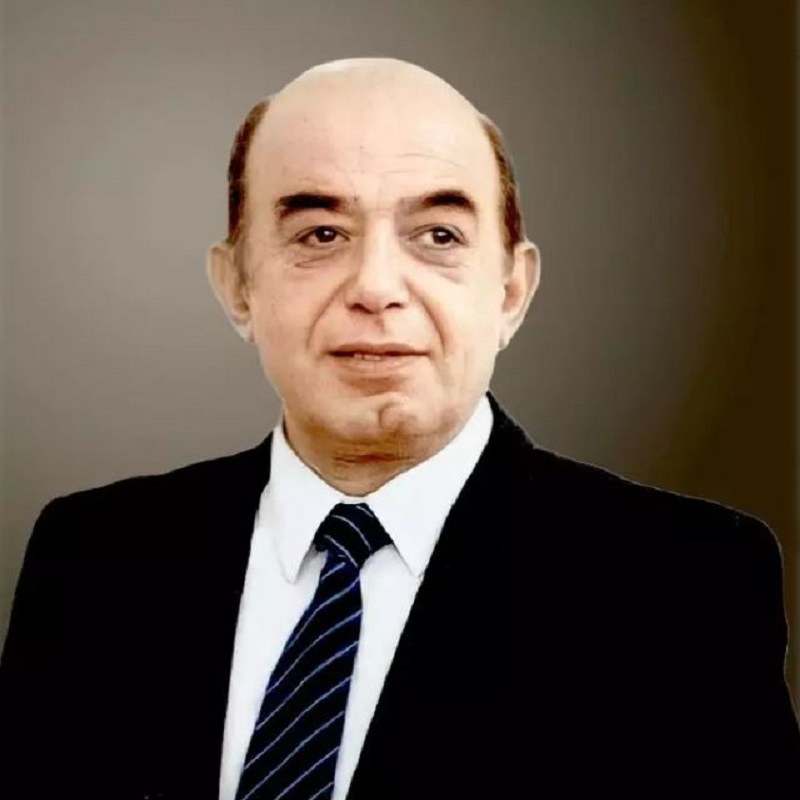
From 1982 to 1984, Dr. Hezarkhani was the NCRI representative in Rome, Italy. Since early 1985, he served as the editor-in-chief of the Shura Magazine, a monthly publication journal of the NCRI. Later, from 1994 to 1996, he was an editor of the Farsi-language Iran-Zamin weekly.
Thirty-two years ago, NCRI’s Chairman Massoud Rajavi described Manouchehr Hazarkhani as “the radiant conscience of Iranian culture and literature and a master writer” who has fulfilled “the mission of the pen and the responsibility of the intellectual in the true sense of the word, while our country is going through the darkest and most painful days of her history”.
After the US invasion of Iraq and when all MEK members were assembled in Camp Ashraf, once again in 2008, Dr. Hezarkhani went to Iraq and visited the MEK in Ashraf. There he met with the people who had come to fight for freedom and democracy in their country, but were now besieged and were spending their lives in an uncertain future. He also met with many heads of Iraqi tribes and ordinary citizens, who found themselves as natural allies with the MEK against the unseen intrusion of the Iranian regime in their country. After returning to Paris, he wrote a book about his observations and published it as a “report on the city of Ashraf”.
Following the passing of Dr. Hezarkhani, Mrs. Maryam Rajavi, the President-elect of the NCRI expressed her deepest condolences to his family, to the NCRI Chair and its members, as well as to all members and supporters of the Iranian Resistance, to the community of writers, cultural figures and intellectuals of our country and to the Iranian people.
My deepest & heartfelt condolences on passing of one of #Iran's most prominent intellectuals, Dr. Manounchehr Hezarkhani, NCRI’s Culture & Art Committee Chair, to his family, NCRI Chairman, all members & supporters of the Iranian Resistance, Iran’s cultural & literary community. pic.twitter.com/ubcL3FSf0p
— Maryam Rajavi (@Maryam_Rajavi) March 18, 2022

